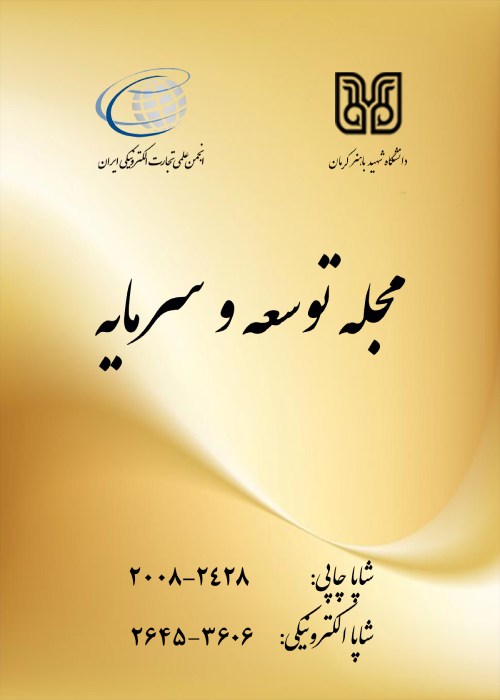The Effect of Banking Competition on Financial Inclusion
In recent years, "financial inclusion" has become a topic of interest for financial institutions, policymakers and researchers worldwide. This is due to the important role and position that financial inclusion can play in reducing poverty, inequality and improving the well-being of communities. Moreover, increased access to and use of financial products and services leads to increased resilience to financial and economic shocks and the empowerment of vulnerable groups such as women and villagers. This study investigates the effect of competition in the banking industry on financial inclusion. The findings of this study can lead to a better understanding of policy-making and planning in the banking sector to enhance financial inclusion.
In this study, the generalized method of Moments presented by Arellano and Bond (1991) has been used. It should be noted that one of the constant challenges in estimating econometric patterns is the possibility of false regression. Therefore, in the present study, Levin, Lin and Chou (2002) panel unit root tests were used to investigate the stationarity of variables. The data utilized in this study is related to 35 developing countries over the period 2004-2018. Due to the differences between data from different countries and with the aim of achieving a comparable benchmark between countries, the multidimensional indexing approach introduced by Sarma (2015) has been used to calculate the financial inclusion index. For measuring market power in banking industry, Learner index has been utilized. Other variables employed in this study, consisting of financial depth, private credit and gdp per capita.
The results of this study indicated that increasing concentration (reducing competition) in the banking industry has a negative and significant effect on financial inclusion. Since this index is in the range of zero and one (the closer to one it indicates the existence of market power and monopoly in that industry), it can be said that in developing countries, due to the negative effect of reducing competition on financial inclusion, the greater the monopoly in the monetary and credit system, the less households have access to the money market and its formal alternatives to improve their financial and credit needs. In other words, increasing market power leads to a decrease in the supply of loans and an increase in interest rates, and as a result, reduces borrowers' access to credit, which in a way confirms the hypothesis of market power.
In developing countries, due to the negative impact of declining competition on financial inclusion, the greater the monopoly on the monetary and credit system, the lower the household access to the money market and its formal alternatives to meet their financial and credit needs. The consequence of this process is the tendency of individuals to finance from informal sources, which also results in a reduction in financial inclusion in the economy. Based on this, it is suggested that banking policies and regulations be formulated in a way that can improve the financial inclusion situation and, consequently, its consequences on the main macroeconomic variables. Policies also need to consider the potential of using new technologies to improve financial inclusion. Moreover, it is suggested that financial inclusion in the upstream documents of the country be considered as a specific policy goal that requires the development of the National Financial Inclusion Strategy (NFIS). Also, in line with the main research question, it can be stated that, instead of restricting competition, it is necessary to design the structure of the banking industry in an open way that increases the possibility of more competition of banks.
- حق عضویت دریافتی صرف حمایت از نشریات عضو و نگهداری، تکمیل و توسعه مگیران میشود.
- پرداخت حق اشتراک و دانلود مقالات اجازه بازنشر آن در سایر رسانههای چاپی و دیجیتال را به کاربر نمیدهد.


